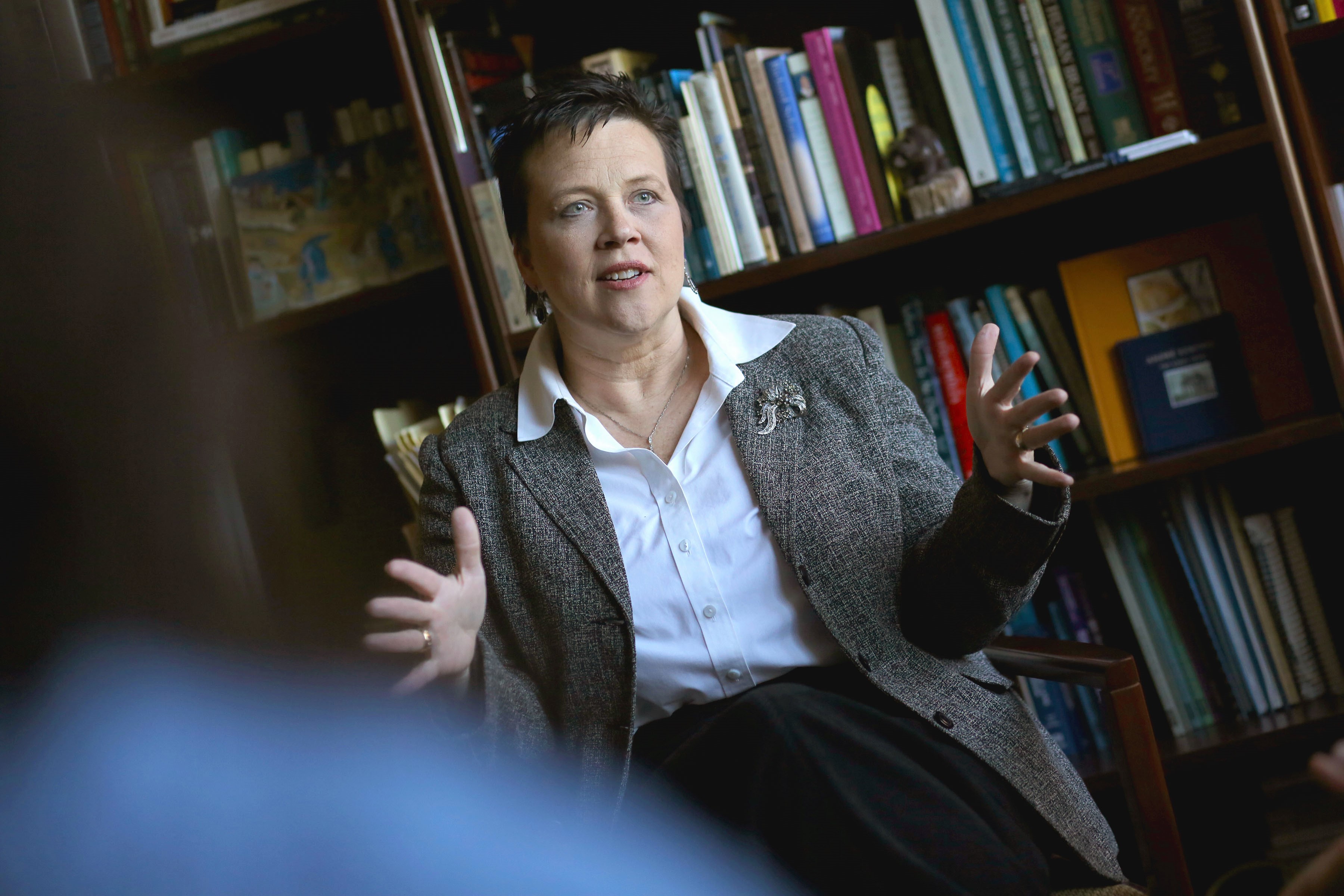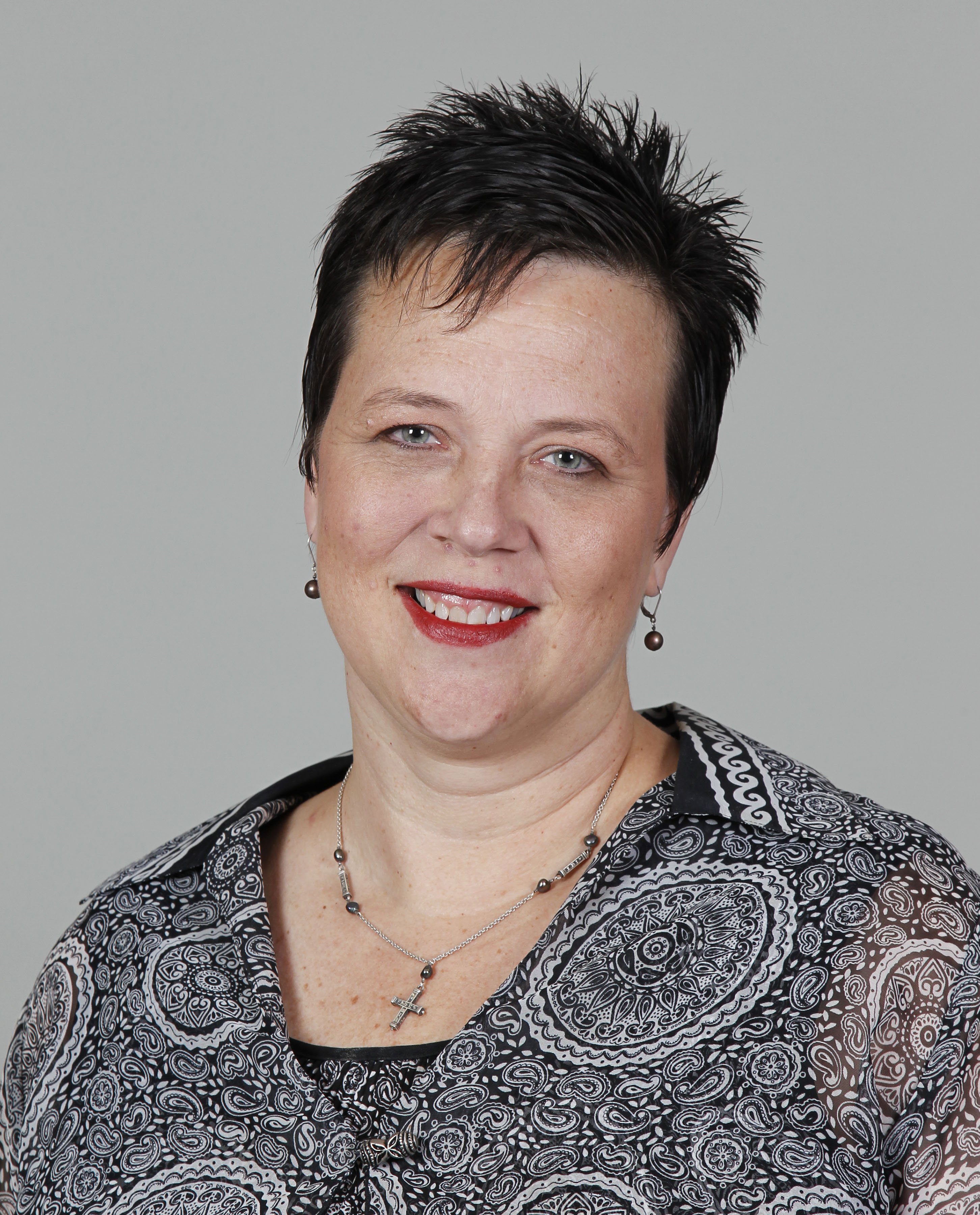Baylor University Announces $2 Million Gift from The DeBakey Medical Foundation


Houston-based Foundation creates Chair in Medical Humanities; chairholder announced
Media Contact: Lori Fogleman, Baylor University Media and Public Relations, 254-709-5959Follow us on Twitter: @BaylorUMedia
WACO, Texas (Oct. 29, 2020) – Baylor University today announced a $2 million gift commitment from The DeBakey Medical Foundation of Houston that will create The Michael E. DeBakey, M.D., Selma DeBakey and Lois DeBakey Chair for Medical Humanities within the Baylor College of Arts & Sciences. In celebration of the announcement, College of Arts & Sciences Dean Lee Nordt, Ph.D., announced Lauren Barron, M.D., as the inaugural chairholder. The gift supports the Give Light campaign, advancing the Health Academic Initiative within Illuminate, the University’s strategic plan.
“Baylor University is blessed by the support of The DeBakey Medical Foundation and its decision to invest in our faculty through this most recent commitment,” said Baylor President Linda A. Livingstone, Ph.D. “The DeBakey family’s legacy within higher education and the medical profession is truly inspiring, and we are honored that their legacy will continue through the faculty who will provide leadership, mentorship and inspiring instruction as holders of The DeBakey Chair.”
The purpose of The Michael E. DeBakey, M.D., Selma DeBakey and Lois DeBakey Chair for Medical Humanities within the College of Arts & Sciences is to attract, retain and support a distinguished faculty member within the Medical Humanities program who will further Baylor’s mission through teaching and research in the field of Medical Humanities. The chairholder also will take an active role in matters related to curriculum, course development and strategic planning for the program. In addition, the chairholder will engage in student recruitment and in mentoring of students, a hallmark of the pre-health program at Baylor.
“The DeBakey Medical Foundation is committed to excellence in higher education and the equipping of future physicians for lives of service through health care,” said Dr. George P. Noon, president of the Foundation. “Dr. Michael DeBakey was a pioneering surgeon who, along with his sisters Selma and Lois, also broke new ground in higher education. The DeBakey Chair is a fitting way to honor the DeBakey family’s legacy, and we look forward to seeing how this support will benefit the Medical Humanities program at Baylor – a program that we have been pleased to partner with for more than 10 years through the DeBakey Scholars program.”
Baylor’s Medical Humanities program incorporates the insights of disciplines – ranging from literature to economics to religion – into the practice of modern scientific medicine. First established in 2004, the Medical Humanities program at Baylor provides students with the unique opportunity to consider the ethical and spiritual issues they will encounter in medicine, to explore the deepest meanings of health and healing and to embrace the sacred nature of a vocation in medicine. By providing a broad base of knowledge about the human experience, the program produces students with the scientific background, as well as the human understanding, that will result in physicians able to care for their patients' well-being in addition to their wellness.
“I believe that the Medical Humanities program at Baylor University is a wonderful representation of Dr. DeBakey’s lifetime of service and values,” said Gale Galloway, B.B.A. ’52, a former DeBakey Medical Foundation trustee and former chair of the Baylor Board of Regents. “I was proud to have known him and to have the opportunity to work with the DeBakey Foundation to preserve the DeBakey legacy. We are proud to see that a permanent part of that legacy will be associated with the Medical Humanities program at Baylor.”
Dr. Lauren Barron, director of Medical Humanities and inaugural holder of The DeBakey Chair, graduated from Baylor University in the Honors Program with a B.A. in psychology and returned home to Houston to attend medical school at the University of Texas Health Science Center (now known as the McGovern Medical School at UTHealth). She returned to Waco for her residency in Family Medicine at the Family Health Center, where she served as chief resident and was invited to join the faculty at the conclusion of her training.
Dr. Barron completed a fellowship in Academic Medicine during her eight years at FHC, developing special interests in women’s health and palliative care. She then joined a private family practice in Waco where she practiced for eight years, during which time she was medical director for Hillcrest Community Hospice and taught a course each semester for premed students at Baylor in the Medical Humanities program. She joined the Medical Humanities program as a full-time faculty member in 2011. Dr. Barron continues to practice medicine through the Family Health Center of Waco in a way that complements her teaching in the classroom and provides engaged learning opportunities for Baylor students.
“We are grateful for The DeBakey Medical Foundation’s magnificent gift to promote excellence among our faculty and students in the Medical Humanities,” Dean Nordt said. “The DeBakey Foundation has been a longtime supporter of this program and has opened the door for many of our pre-health students through the DeBakey scholarship fund. That the DeBakey Foundation would believe in Baylor to bestow an endowed chair is incredibly humbling and encouraging.”
Baylor’s commitment to enhancing health education at the University is one of five initiatives detailed within Illuminate. Aimed at strengthening areas of the institution that will enhance Baylor’s efforts to become a top-tier research university, Illuminate serves as a road map for institutional growth. The Give Light Campaign is an ambitious $1.1 billion comprehensive philanthropic campaign for the future of Baylor. The campaign undergirds Illuminate, the University’s strategic plan, and touches upon every aspect of campus life – academics, athletics, student life and service learning – while also bolstering financial support for Baylor’s students and campus community. Increasing faculty endowment support continues to be a focus of the campaign, with 27 endowed faculty positions created since its inception in 2014.
The DeBakey Medical Foundation’s connection to the Medical Humanities program dates back to 2009, when the foundation established the Michael E. DeBakey, Selma DeBakey and Lois DeBakey Endowed Scholarship in Medical Humanities. The Foundation later expanded the scholarship fund with a $500,000 gift in 2013, bringing their investment in scholarships to $1 million for the scholarship fund. Student recipients are recognized as “Debakey Scholars,” carrying on the DeBakey name – a family known for revolutionizing the field of medicine.
Michael, Selma and Lois DeBakey were three siblings who are renowned for their contributions during their lifetimes to the field of medicine. Dr. Michael E. DeBakey was a founder of cardiovascular surgery, known for innovations within coronary bypass operations, carotid endarterectomy, artificial hearts and ventricular assist devices. Because of his work, once impossible life-saving procedures, such as coronary artery bypass, now are common operations. As a result of his World War II military service, he also helped develop Mobile Army Surgical Hospitals to accommodate the wounded more quickly, and he later helped establish the Veteran's Administration Medical Center Research System.
Dr. DeBakey joined the faculty of Baylor University College of Medicine (now Baylor College of Medicine) in 1948, serving as chairman of the Department of Surgery until 1993. He was president of the College from 1969-1979, then served as chancellor from 1979 until January 1996, when he was named Chancellor Emeritus. He also was the Olga Keith Wiess Professor of Surgery and Distinguished Service Professor in the Michael E. DeBakey Department of Surgery at Baylor College of Medicine.
Selma and Lois also worked for Baylor College of Medicine as professors of scientific communication at Baylor College of Medicine in Houston, and they developed a curriculum to teach doctors to think, read and write critically and to express their ideas in clear, concise and cohesive language. The DeBakey family pioneered a new discipline, medical communications education, with Selma and Lois developing the teaching of biomedical communication and conducting the first medical school curriculum-approved courses in this subject.
Michael DeBakey passed away in 2008, followed by Selma in 2013 and Lois in 2016.
Baylor publicly launched the Give Light campaign on Nov. 1, 2018. To date, the Give Light campaign has raised more than $898.8 million as of Sept. 30, 2020, toward its $1.1 billion goal. Gifts supporting the University’s academic enterprise have established endowed funds for 27 faculty chairs and professorships and 512 endowed scholarships. More than 71,000 members of the Baylor Family have made a gift to the campaign. For more information or to support Give Light: The Campaign for Baylor, visit www.baylor.edu/givelight.
ABOUT BAYLOR UNIVERSITY
Baylor University is a private Christian University and a nationally ranked research institution. The University provides a vibrant campus community for more than 19,000 students by blending interdisciplinary research with an international reputation for educational excellence and a faculty commitment to teaching and scholarship. Chartered in 1845 by the Republic of Texas through the efforts of Baptist pioneers, Baylor is the oldest continually operating University in Texas. Located in Waco, Baylor welcomes students from all 50 states and more than 90 countries to study a broad range of degrees among its 12 nationally recognized academic divisions.
ABOUT THE COLLEGE OF ARTS & SCIENCES AT BAYLOR UNIVERSITY
The College of Arts & Sciences is Baylor University’s largest academic division, consisting of 25 academic departments and eight academic centers and institutes. The more than 5,000 courses taught in the College span topics from art and theatre to religion, philosophy, sociology and the natural sciences. Faculty conduct research around the world, and research on the undergraduate and graduate level is prevalent throughout all disciplines. Visit baylor.edu/artsandsciences.